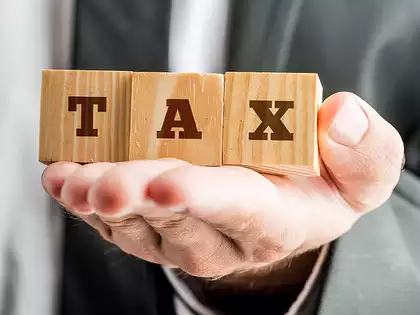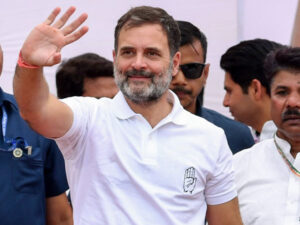
US President-Elect Donald Trump’s recent announcement about a potential reciprocal tax policy could create challenges for India. Trump has said that the United States might impose tariffs on Indian products equivalent to those that India currently applies to American goods.
During his first term as President, Trump had described India as a “tariff king” and in May 2019, terminated India’s preferential market access to US.
If Trump’s reciprocal tax policy is implemented, India may need to make substantial adjustments to its export strategies, particularly for products that are heavily exported to the U.S. Key sectors such as bicycles, textiles, and automobiles could be impacted. This shift could redefine the dynamics of U.S.-India trade relations.
In a media statement, Trump stressed the importance of reciprocity in trade relations. He said, “If India charges us 100% tax, then we will also charge them the same.” He pointed out that while India exports items like bicycles without U.S. tariffs, India imposes high taxes on American products. This could lead to a significant change in the current trade framework.
Trump’s views were endorsed by U.S. Commerce Secretary Howard Lutnick, who said that the reciprocal policy would be integral to the Trump administration’s trade strategy. He reiterated the principle of “as you treat, so you respond,” suggesting that India’s tariffs on American goods would be met with equivalent tariffs on Indian exports.
In his remarks, Trump specifically mentioned India and Brazil, criticizing them for imposing high tariffs on American products. He argued that these practices contribute to the trade deficit faced by the U.S. and emphasized the need for a uniform tax system to address these imbalances. Trump believes that implementing reciprocal tax policies is crucial for protecting American economic interests, as it aims to rectify perceived losses in trade.







